What we eat matters if we care for creation. Raising livestock, beef in particular, to satisfy our lust for more rather than a ‘need to feed’ and conventional agriculture (perhaps developed in haste to satisfy our growing appetites) are contributing to the build-up of greenhouse gases in the atmosphere. (Drawdown, 2017) That build-up of greenhouse gases leads to global warming which in turn leads to a changing climate.
The consequences of climate change are extreme weather events that we are now witnessing (record heat waves, intense droughts, massive wildfires, supercharged storms with greater rainfall and higher storm surges). These events in turn lead to lost lives, lost diversity, threatened health, safety and security of people (often in the southern hemisphere). We are being called to hear both the cries of the earth and the cries of the poor. How will we respond?
| In 2017, a published response came from a coalition of researchers and scientists in collaboration with students and scholars from around the world and a 210-person Advisory Board made up of a prominent and diverse community of scientists, analysts and activists. Together they created a plan to ‘drawdown’ i.e. reduce the greenhouse gases in the atmosphere. These experts ranked solutions on a global scale based on the total amount of greenhouse gases those solutions could potentially avoid or remove from the atmosphere. Drawdown hit the New York Times Bestseller list two years after the publication of Pope Francis’ encyclical, Laudato Si’ (which was given special mention in the book). Drawdown presents a comprehensive plan to reverse global warming. |
Food (what we eat and how it is produced) is part of this plan. Drawdown ranks conversion to a Plant Rich Diet as the fourth top solution out of 100 solutions proposed. We consume more animal protein (especially here in the northern hemisphere) than we need. It is not just the animals themselves that contribute to greenhouse gas emissions but how they are raised that contributes to the problem. Just one example of this problem is the deforestation of the Amazon and destruction of a homeland for Indigenous peoples so cattle can be raised to supply beef markets around the world. See the video.
| My husband and I, being very fortunate North Americans, eat three meals a day so 21 meals in a week. Fifty percent of our meals are now vegetarian. Two of our meals are from fish sustainably caught in the Pacific Ocean. (We are blessed to live about 25 km from the ocean.) Four of our meals include chicken, two meals pork and two meals beef. My husband (experiencing |
some conversion of heart) is now willing to add another two vegetarian meals to the menu! Praise God! If we can do it, you can too! Be part of the solution to the climate change problem. Switch to a plant rich diet.
How we produce our food also contributes to the rising levels of greenhouse gases. Drawdown ranked Regenerative Agriculture the eleventh top solution out of 100 proposed. View the video, "What is Regenerative Agriculture?"
How we produce our food also contributes to the rising levels of greenhouse gases. Drawdown ranked Regenerative Agriculture the eleventh top solution out of 100 proposed. View the video, "What is Regenerative Agriculture?"
When we look at food production, we not only see potential environmental degradation leading to climate change but we can see degradation of our connections with one another and to the earth. If food is considered a commodity, as it is in industrialized agriculture, rather than a gift and its value is measured in money as opposed to its life-sustaining force we are lost.
Farmers are no longer stewards of the land that bring forth the abundance of the earth.
They are agricultural industrialists. Pope Francis mentions farm-related items 30+ times in Laudato Si’. This brings to light that farming is more than a way to make money or a method to produce a commodity; rather, it has social, ethical, environmental, and cultural dimensions. Last month, we at the Common Good highlighted the film The Biggest Little Farm (the trailer)(Available on Netflix and Youtube Movies). The movie focuses on regenerative or biodynamic farming. The soil is continually replenished without the use of chemical fertilizers and the crops are grown without artificial pesticides. The farmers exemplify farming as ‘a way of life’, not just a way to make a living.
Lisa Hendy, editor of the website CatholicMom.com sums up this difference between ‘making a life’ vs ‘making a living’. “If we approach nature and the environment without … openness to awe and wonder, if we no longer speak the language of fraternity and beauty in our relationship with the world, our attitude will be that of masters, consumers, ruthless exploiters, unable to set limits on their immediate needs….By contrast, if we feel intimately united with all that exists, then sobriety and care will well up spontaneously.”
Farmers are no longer stewards of the land that bring forth the abundance of the earth.
They are agricultural industrialists. Pope Francis mentions farm-related items 30+ times in Laudato Si’. This brings to light that farming is more than a way to make money or a method to produce a commodity; rather, it has social, ethical, environmental, and cultural dimensions. Last month, we at the Common Good highlighted the film The Biggest Little Farm (the trailer)(Available on Netflix and Youtube Movies). The movie focuses on regenerative or biodynamic farming. The soil is continually replenished without the use of chemical fertilizers and the crops are grown without artificial pesticides. The farmers exemplify farming as ‘a way of life’, not just a way to make a living.
Lisa Hendy, editor of the website CatholicMom.com sums up this difference between ‘making a life’ vs ‘making a living’. “If we approach nature and the environment without … openness to awe and wonder, if we no longer speak the language of fraternity and beauty in our relationship with the world, our attitude will be that of masters, consumers, ruthless exploiters, unable to set limits on their immediate needs….By contrast, if we feel intimately united with all that exists, then sobriety and care will well up spontaneously.”
| A Rocha is an international Christian environmental stewardship organization that operates an organic farm and Community Shared Agriculture program (CSA) near me in Surrey BC. | |
| The farmers are living a way of life that reaps the benefits of God’s abundance while honouring creation. People can buy a share in the farm’s production and each week for twenty weeks receive a bin of the farm’s harvest. CSA is a simple and powerful way to join in local, organic, and seasonal eating while becoming part of the solution to address a warming climate. So the way we eat matters. Switch to a more plant-rich diet and support small local regenerative farms. Your choices will change the world. Give praise to God with your everyday actions! |
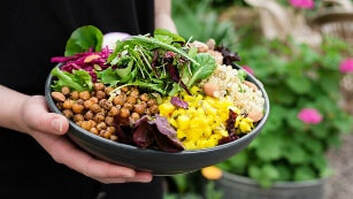
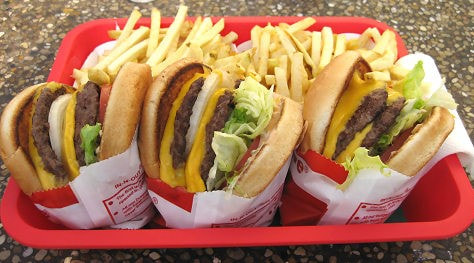
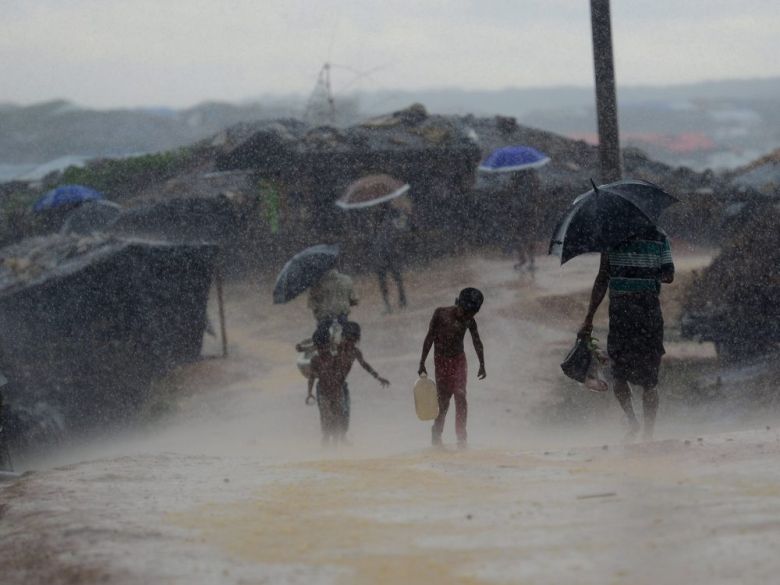
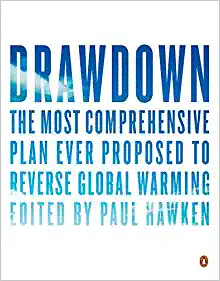
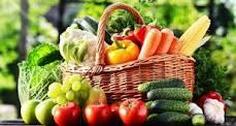
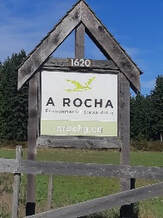
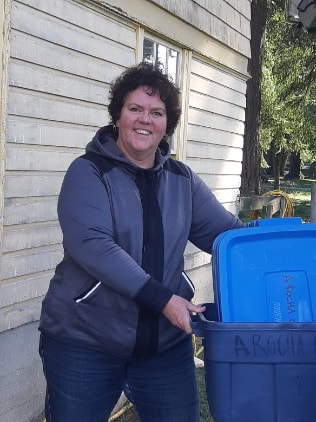
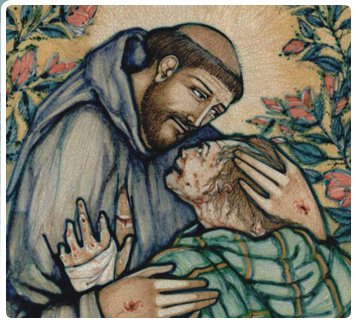
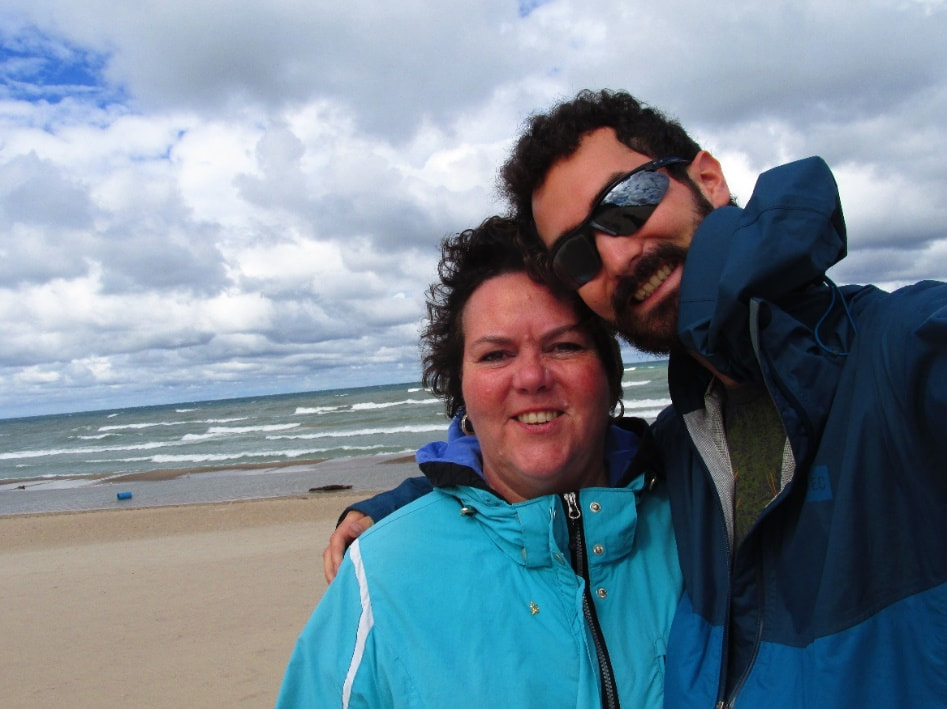
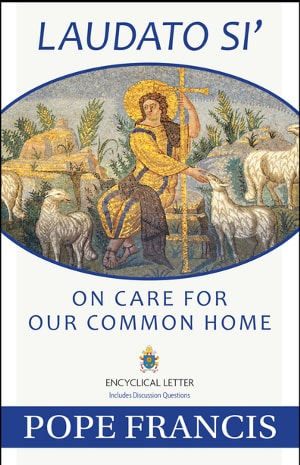
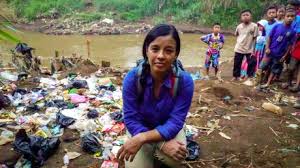
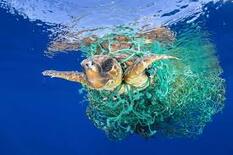
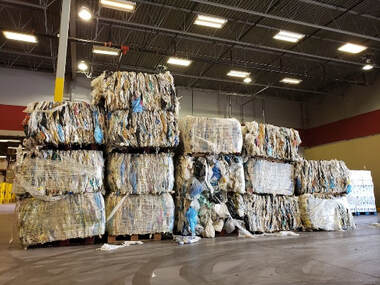

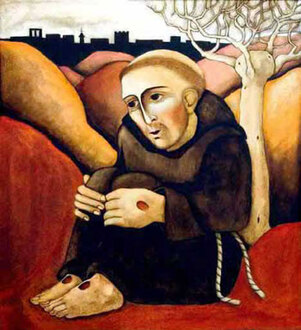
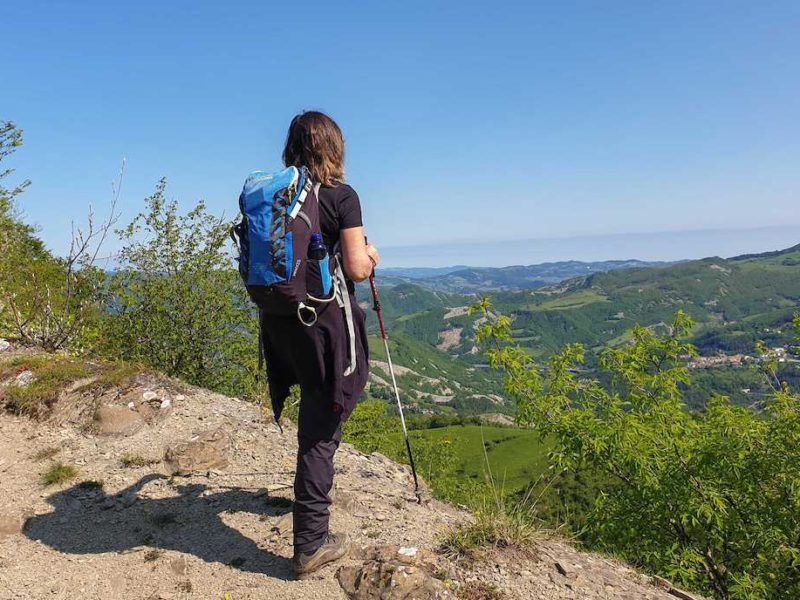
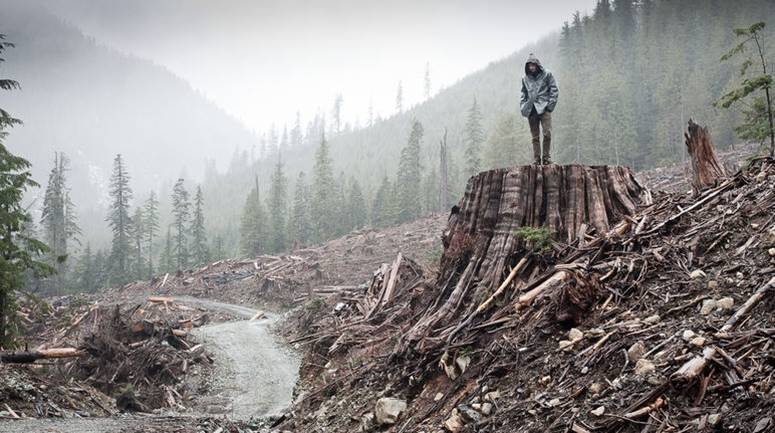
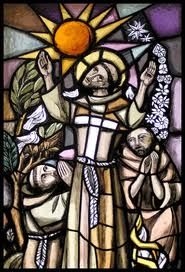
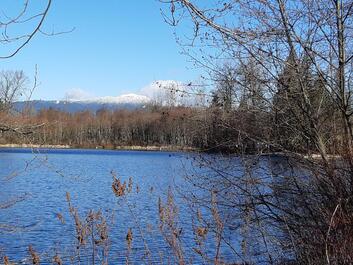
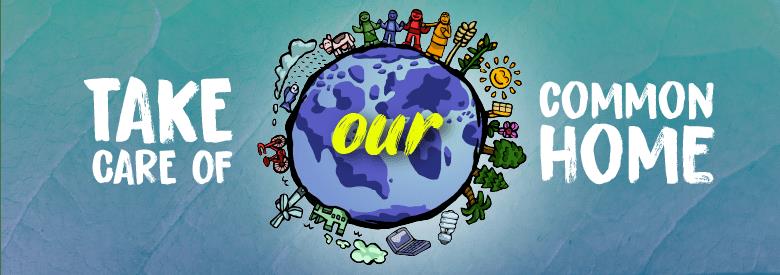
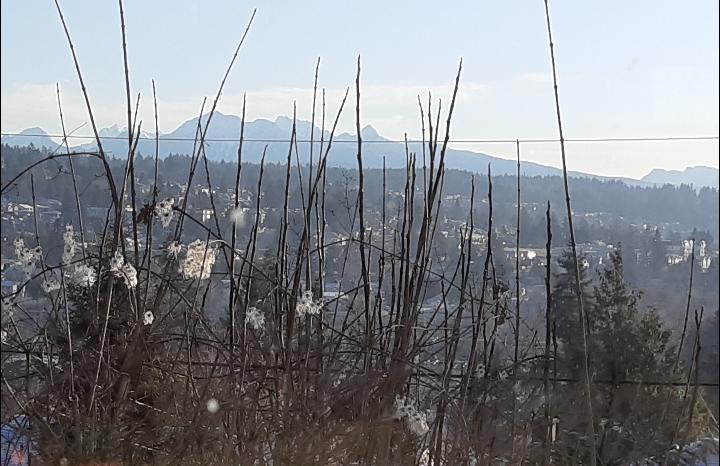
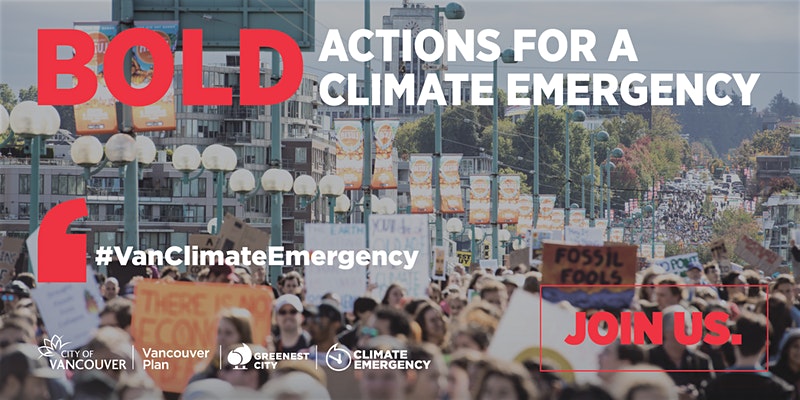
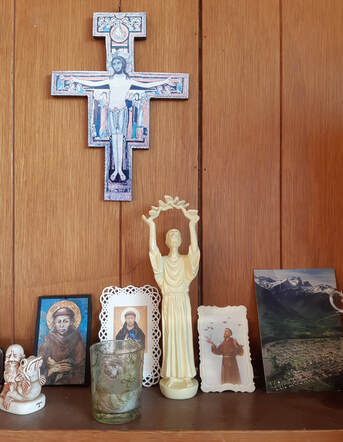
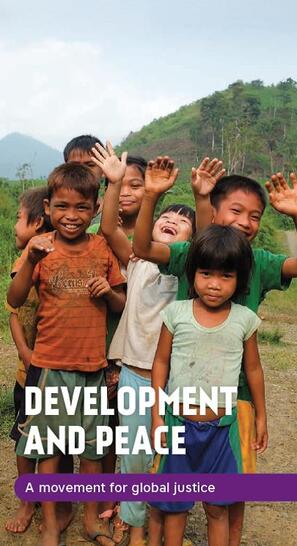
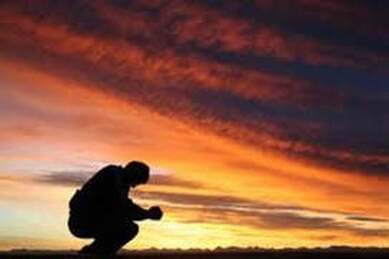
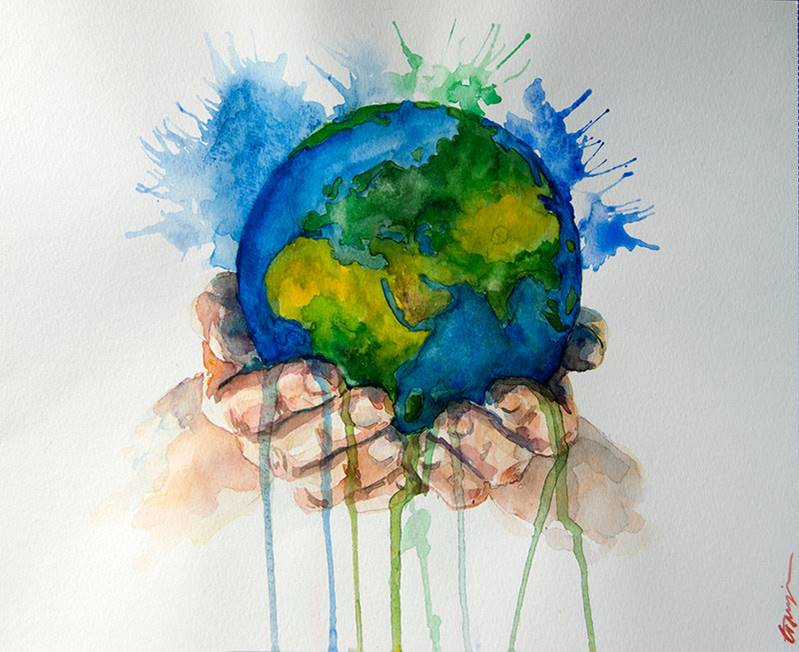

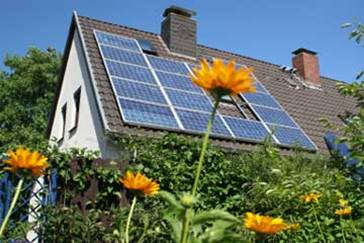
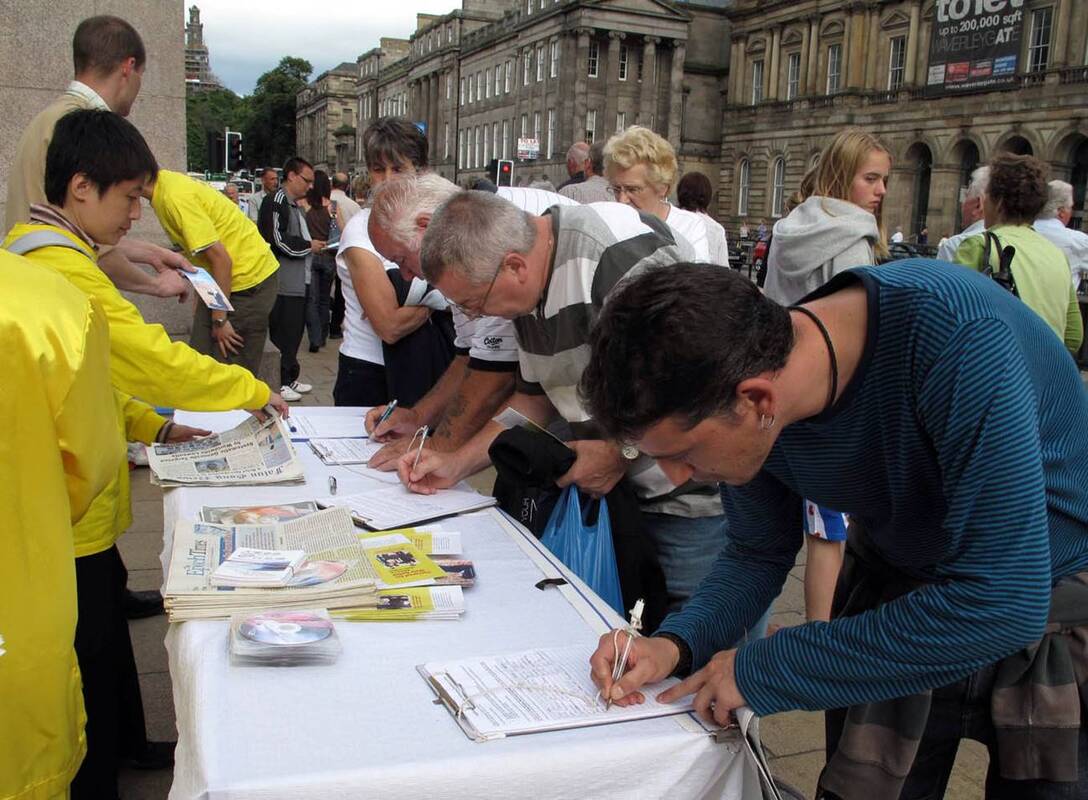
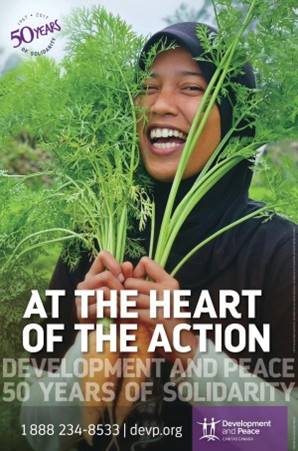
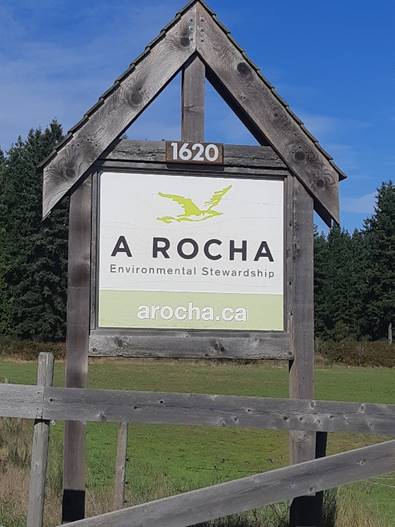
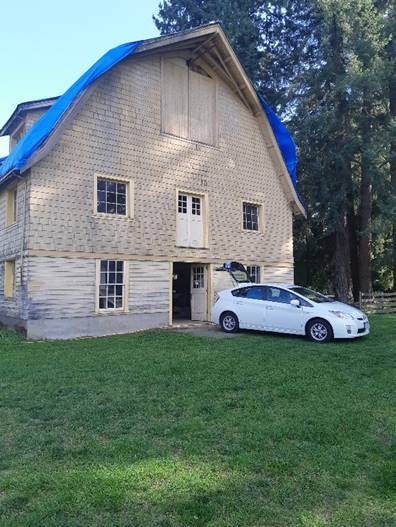
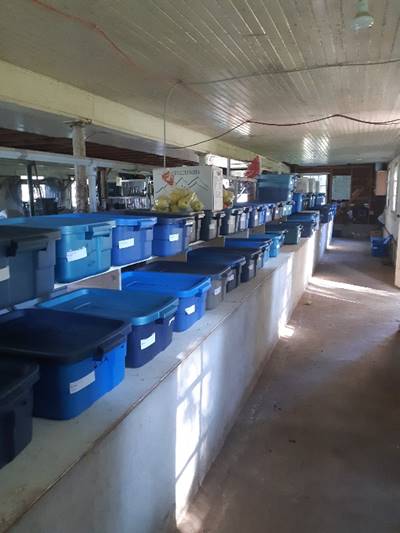
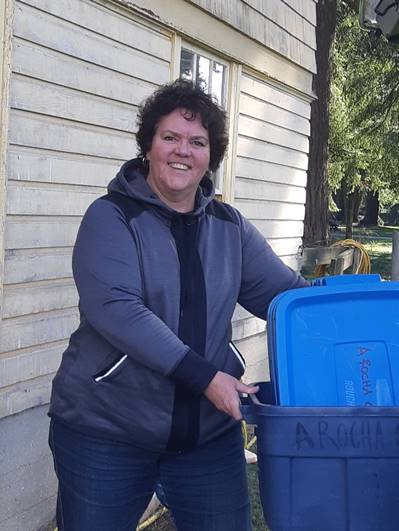
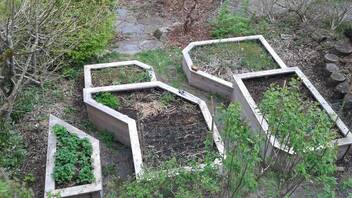
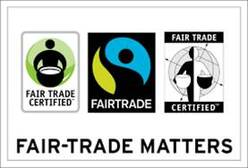
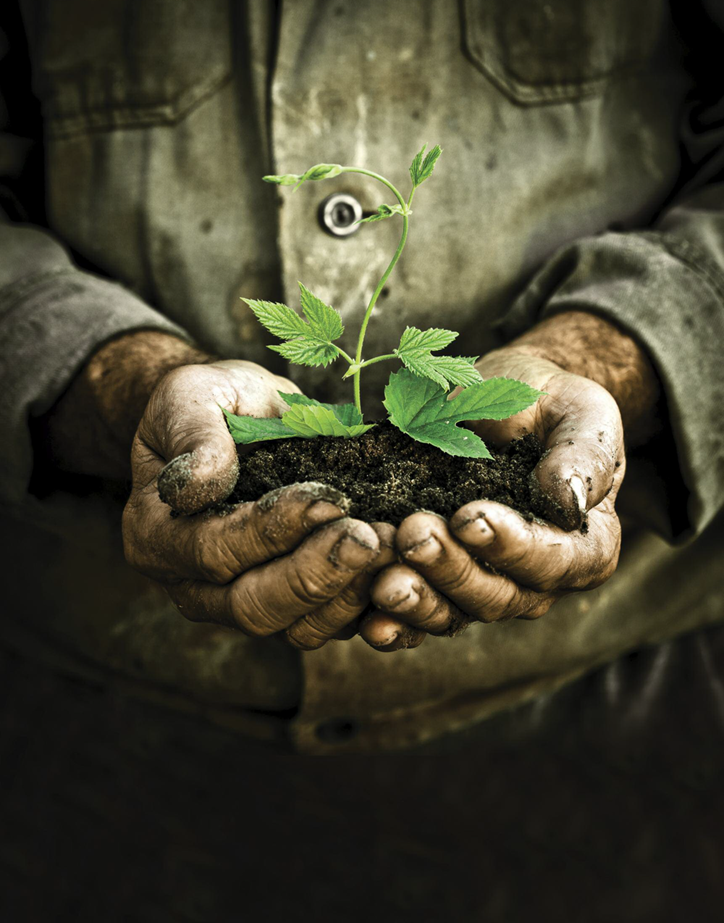
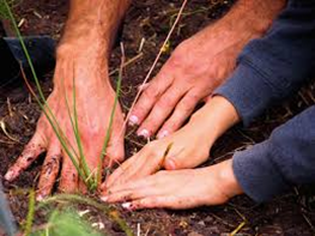
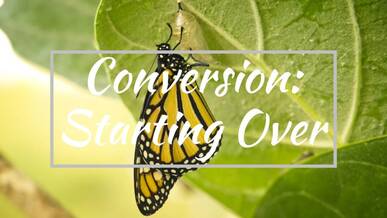
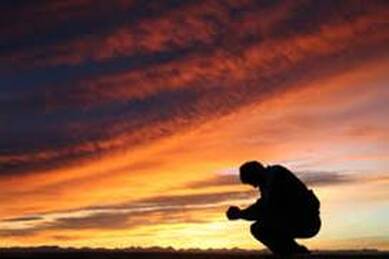
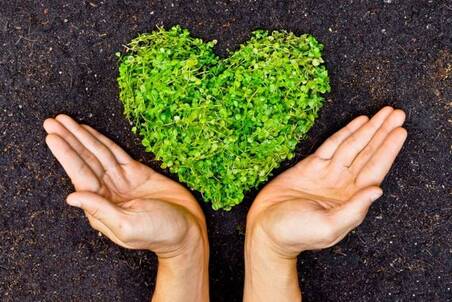
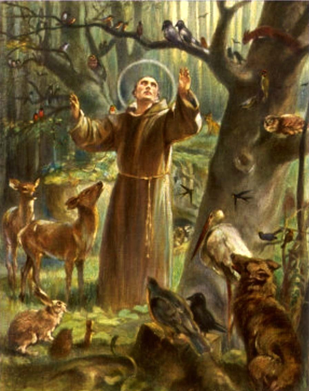
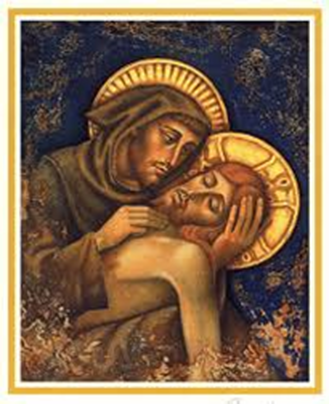
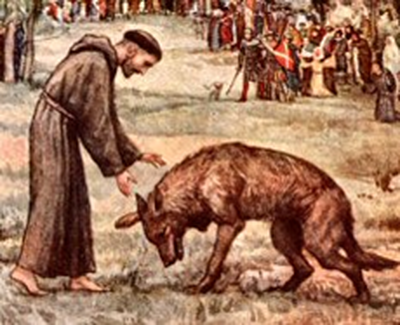

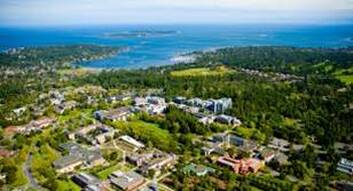
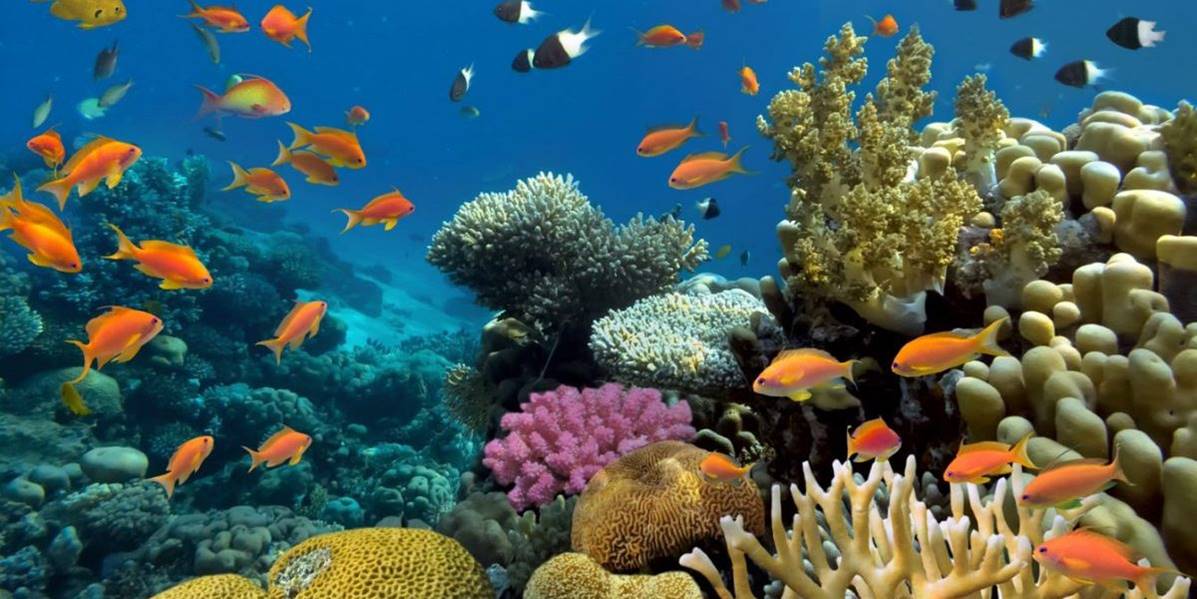
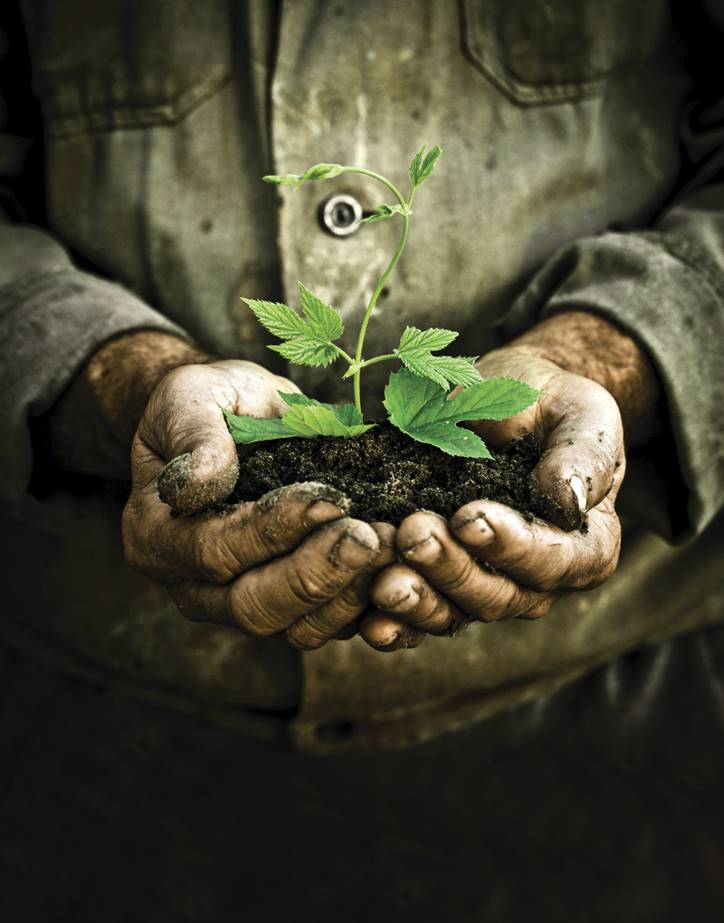
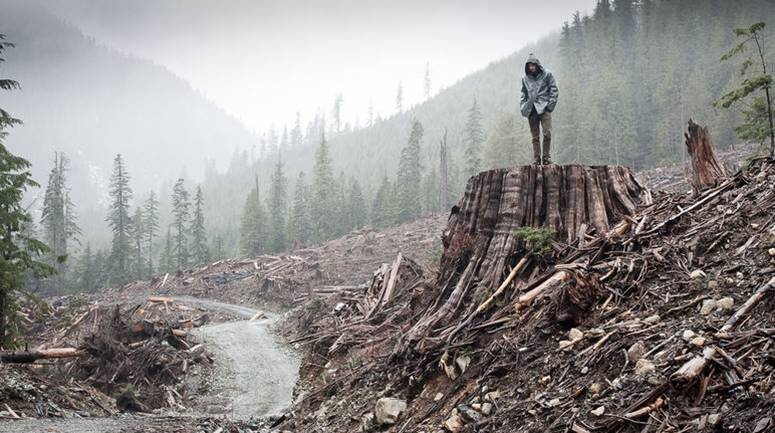
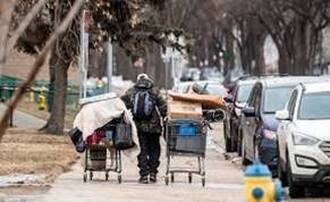

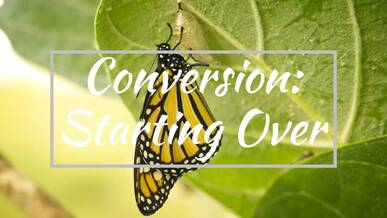
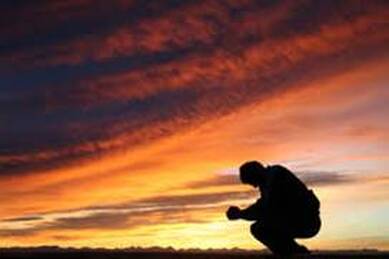
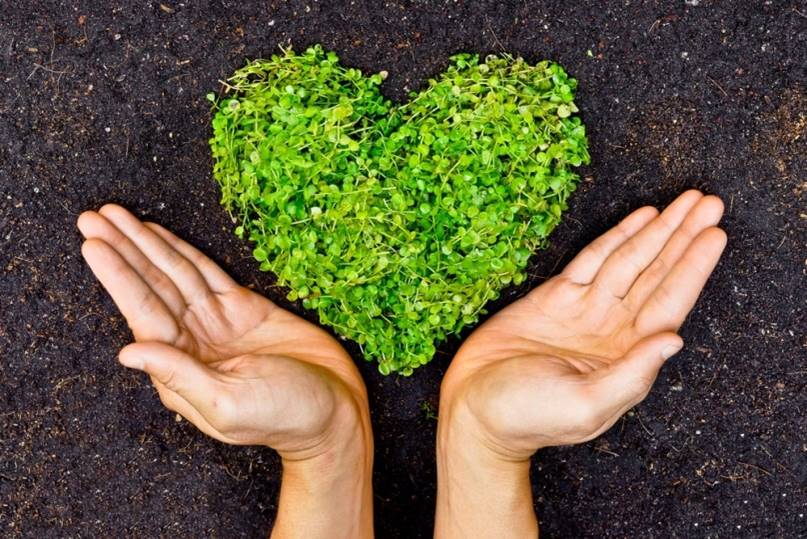
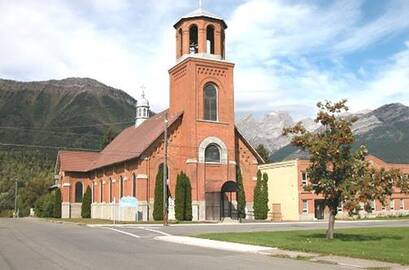
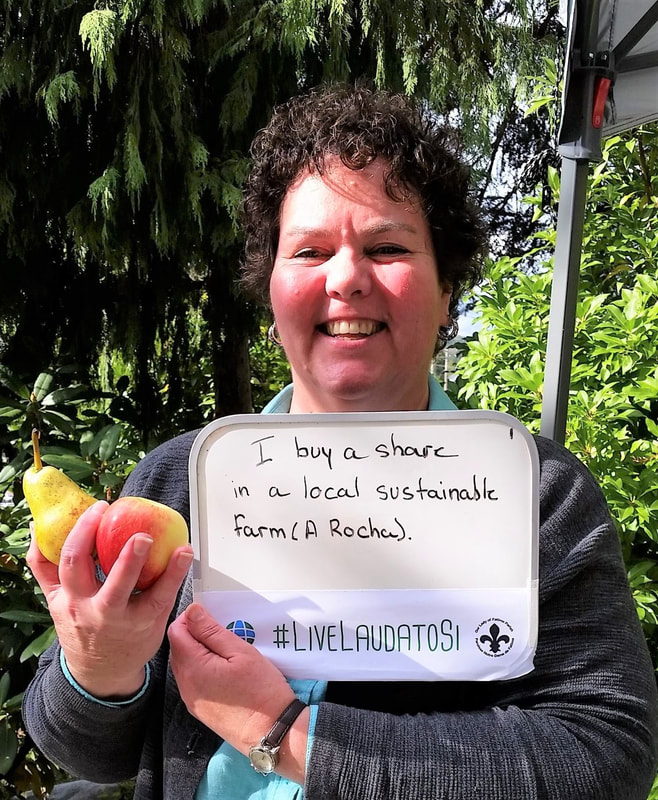
 RSS Feed
RSS Feed